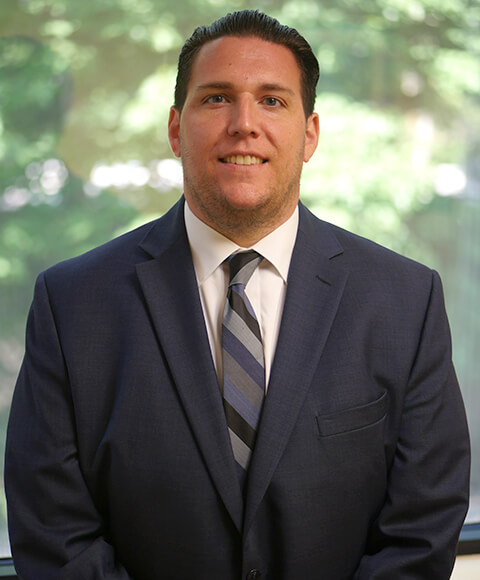TROY, N.Y. (NEWS10) – A new law going into effect this week.
As part of the New York State budget, police are now required to record interrogations in serious investigations.
How will this help officers and those accused of crimes?
We’ve all seen videos with recordings of officers questioning suspects.
Now, it will be a requirement, something many are calling a win-win situation.
Thinking about interviews conducted during his career, retired Troy Police Captain John Cooney says this is a law that’s long overdue.
“I wish they were videotaped I so wish the jury and the judge could see that the rules were followed and the emotion involved brought forth admissions of guilt,” Cooney said.
He says it answers several questions that are often up for debate.
“Was the suspect treated properly, was the suspect given ample opportunity for breaks to the bathroom etc.,” Cooney said.
One example is Adrian Thomas. He confessed to killing his young child, spent time behind bars, but it was ultimately found his confession wasn’t admissible.
Speaking out in this 2016 interview:
“If my video tape recording and false confession hadn’t been recorded I wouldn’t be here today,” Thomas said. “If someone admits to their guilt that’s a big piece of the puzzle for the prosecution.”
Attorney Derrick Hogan says long interrogations can wear on a suspect.
“They’re tired and maybe sometimes start getting delusional or start saying things that didn’t happen,” Hogan said.
Recording them can even prevent confusion as to if a suspect asks for a lawyer and when.
“Anything after that fact that can’t be used. Even if it is a full confession,” Hogan said.
This would ensure an even more balanced legal process.
“You want to make sure everything is fair. I’m not saying everybody is innocent but everyone deserves a fair process from the beginning to the end,” Hogan said.
Even lead officers to conduct their interviews more precisely.
“Learn how to do it right. Get better at what you do. Because now the whole world is going to be there,” Hogan said.
There is at least one police recording facility in every county throughout the state.
The law is in affect as of April 1st.





